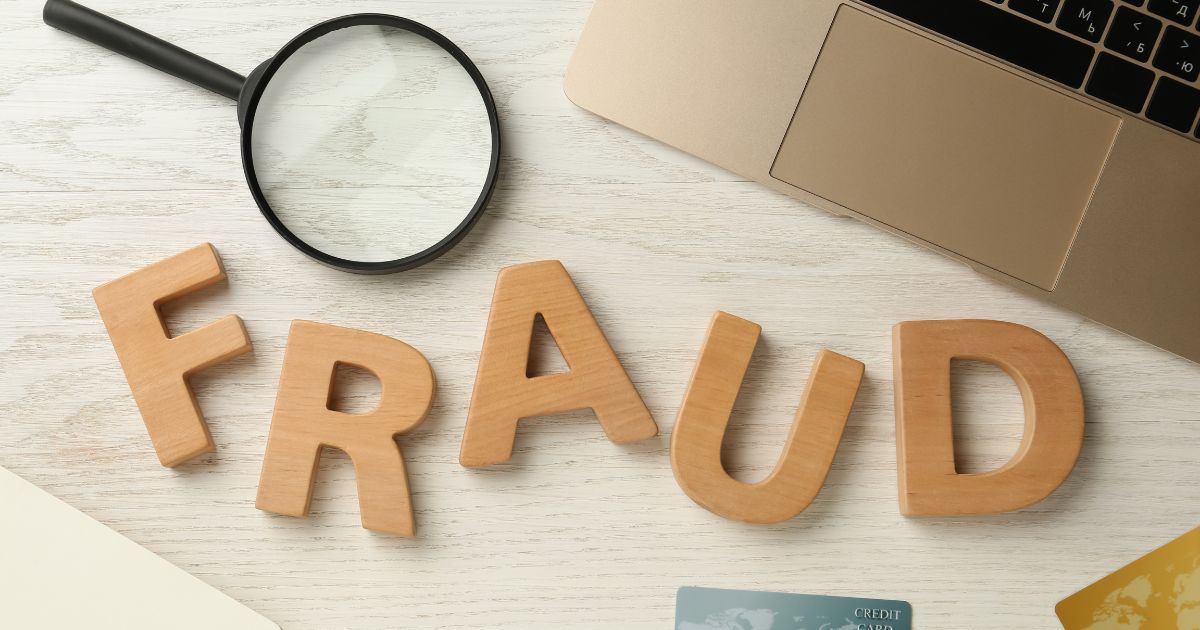· Loan Recovery · 4 min read
Legal Solutions for Nonpayment: How Banks & Advisors Can Help
This blog explores the specific legal avenues available and the essential role of legal advisors in ensuring compliance, drafting pleadings, and securing successful recovery outcomes.

When a borrower fails to make payments on a loan, banks have several legal avenues available to recover the dues. The specific sections under which banks can file for nonpayment vary depending on the nature of the loan and the applicable laws. Here’s an overview of the relevant sections and how a legal advisor can assist in the process.
Relevant Legal Sections for Nonpayment
Recovery Under the Civil Procedure Code (CPC)
Order XXXVII of CPC: This process is for quick debt recovery through summary suits when the lender has a clear, undisputed claim. It speeds up recovery if the borrower doesn’t contest it.
Section 34 of CPC: This enables the enforcement of a court’s decree. Once a recovery order is passed, it ensures efficient execution.
Arbitration and Conciliation Act, 1996
- Section 34: Provides a mechanism for the enforcement of arbitral awards. If the loan agreement includes an arbitration clause, and an arbitral tribunal has issued an award for recovery, this section can be used to enforce the award.
Debt Recovery Tribunal (DRT) Act, 1993
- Section 19: Allows banks to file a recovery suit before a Debt Recovery Tribunal if the amount of the defaulted loan exceeds ₹10 lakh. The DRT is specifically designed to handle cases involving the recovery of debts.
Insolvency and Bankruptcy Code (IBC), 2016
Section 7: Enables financial creditors (including banks) to initiate the corporate insolvency resolution process (CIRP) against corporate borrowers who default on payments. This section is applicable if the borrower is a corporate entity.
Section 9: Allows operational creditors to initiate insolvency proceedings against defaulting corporate debtors.
SARFAESI Act, 2002 (Securitisation and Reconstruction of Financial Assets and Enforcement of Security Interest Act)
- Section 13: Allows banks to take possession of secured assets and initiate proceedings to recover dues if the borrower defaults. This section applies to secured loans where the bank has a security interest in the borrower’s assets.
How a Legal Advisor Can Help
Assessment and Advice
Evaluation of the Case: A legal advisor can evaluate the specifics of the loan agreement, the nature of the default, and the most appropriate legal recourse. They can advise whether a summary suit, arbitration, or DRT approach is best suited for the situation.
Compliance with Legal Requirements: Ensures that all procedural requirements are met, including proper documentation and adherence to deadlines.
Drafting and Filing Pleadings
Preparation of Legal Documents: Drafts the necessary legal documents, such as plaints, petitions, or recovery suits, tailored to the specific circumstances of the case.
Filing with Appropriate Forums: Files the necessary petitions or suits with the relevant legal forums or tribunals, ensuring proper submission and compliance with court procedures.
Representation and Advocacy
Court Representation: Represents the bank in court or before the Debt Recovery Tribunal, presenting evidence, arguments, and legal points to support the recovery claim.
Negotiations: Engages in negotiations with the borrower or their legal representatives to reach a settlement or restructuring agreement.
Enforcement of Judgments
Execution of Decrees: Assists in the execution of court decrees or arbitral awards, including taking steps to enforce judgments and recover dues.
Post-Judgment Actions: Advises on and takes action for post-judgment remedies, such as attachment of assets or garnishment of wages.
Handling Insolvency Proceedings
Insolvency Applications: Prepares and files applications for insolvency proceedings under the IBC, including initiating and managing corporate insolvency resolution processes.
Representation in Insolvency Tribunal: Represents the bank in insolvency proceedings, negotiating for the best possible resolution or recovery.
Legal Compliance and Risk Management
Ensuring Compliance: Ensures that all actions taken comply with relevant laws and regulations, reducing the risk of legal challenges or complications.
Risk Assessment: Assesses potential risks associated with different recovery strategies and advises on risk mitigation measures.
Conclusion
Banks have several legal avenues to recover dues from borrowers who fail to make payments, including filing suits under the CPC, pursuing arbitration, and using specialized recovery mechanisms like the DRT and SARFAESI Act. A legal advisor plays a crucial role in navigating these options, ensuring compliance with legal requirements, and effectively managing the recovery process.
By providing expert guidance, drafting and filing necessary documents, and representing the bank in legal proceedings, a legal advisor ensures that the bank’s rights are protected and its claims are pursued effectively.

.DB6QitQE.jpg)
.DnMYqavC.jpg)
